Market Trends
Key Emerging Trends in the Vinegar Market
The vinegar market has been experiencing some remarkable changes and variations indicating the changing purchasing powers of consumers and the dynamism of the food and beverage industry. For centuries, this versatile condiment with varied applications has remained a staple in many households. Over time, however, the market seems to be going through a renaissance of sorts as new flavors, health-conscious options as well as sustainable practices become more important.
One major trend in the vinegar marketplace is the growing demand for flavored or infused varieties. Historically, different types of vinegar were limited to few options such as white, apple cider or balsamic. Today’s customers can explore a myriad flavor including raspberry, garlic, honey and even tarragon-infused vinegar that sounds rather exotic. Consequently, this conforms to customers’ increasing desire to try out fresh and unusual tastes.
A key factor contributing to trends in the vinegar market is health consciousness. Consumers are looking for it not only for its tangy taste but also for any potential health benefits due to emphasis on clean eating and natural ingredients. Apple cider vinegar has particularly become popular because of its perceived health benefits such as digestion aid and weight loss support. To cater for this demand manufacturers are advertising their vinegars under healthy product labels or adding functional ingredients into their products
There is also an increasing interest in organic and raw varieties within the vinegar market today. In response to consumer preference towards natural alternatives that are more environmentally friendly several companies have launched organic products while choosing biodegradable packaging materials Vinegar made from fruits grown organically without synthetic pesticides or fertilizers is gaining popularity among eco-minded clients. The unprocessed variety that may contain probiotics supposed to originate from fermentation and still retain most nutrients.
Apart from health consciousness there are other factors shaping up vinegar markets which include convenience among others. To make it easier for consumers who want incorporate vinegar into their daily lives manufacturers have introduced ready-to-use vinegar products packed in spray bottles and other user-friendly formats. These products are convenient for people with a busy lifestyle as they can enjoy the flavor and benefits of vinegar without having to go through the normal modes of application.
The increasing diversity in the global culinary landscape has propelled ethnic and specialty vinegars into popularity. As consumers become more adventurous in their culinary endeavors, they are exploring vinegars associated with specific cuisines. Examples include sherry vinegar from Spain, balsamic vinegar from Italy or Asian rice vinegar which are among several types of specialty vinegars that have gained wide recognition in the market, reflecting a growing demand for international tastes and authentic recipes.
The changing taste of consumers is not the only cause of variation within the vinegar market; however, it is also influenced by sustainable initiatives taken up by different firms within the food industry. Nowadays there is high focus on environmental sustainability driven by consumer who look for producers using eco-friendly mechanisms. In addition, some manufacturers have begun sourcing sustainably, packaging goods using environmentally friendly materials reducing carbon footprints resonant with green customers.


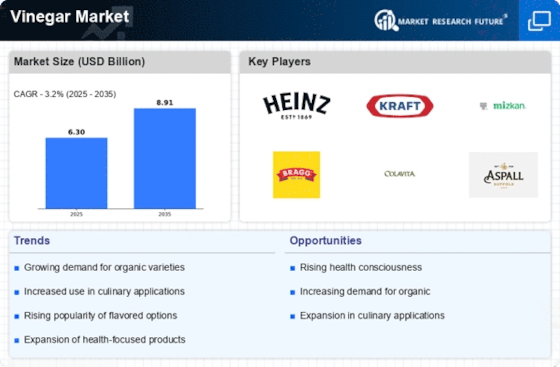
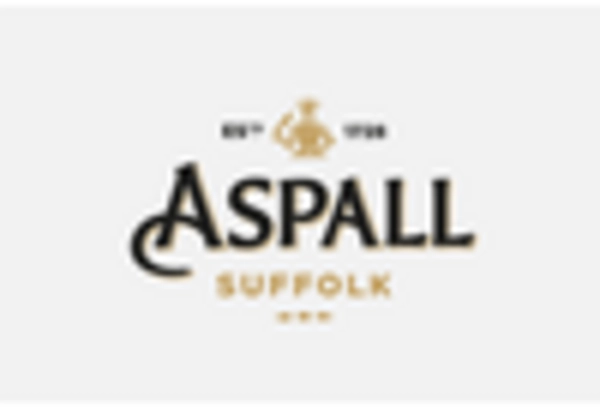
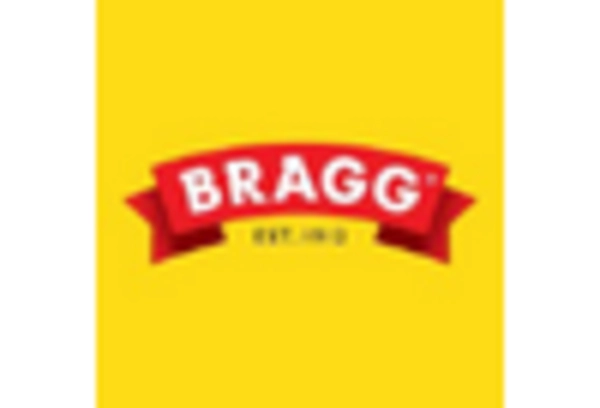
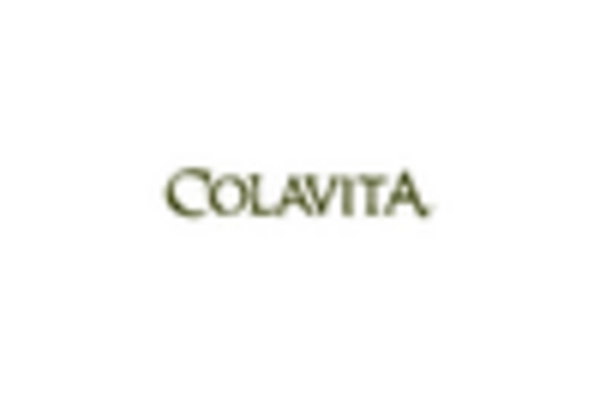
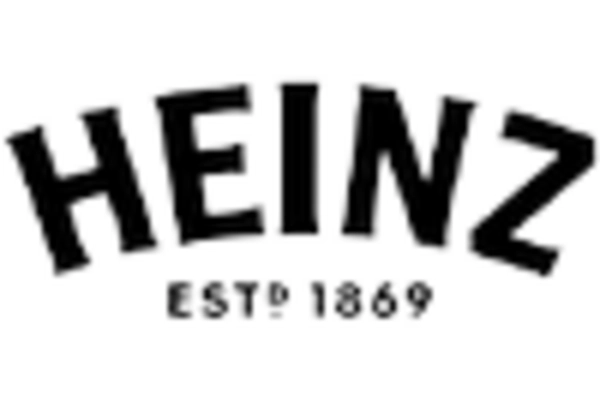
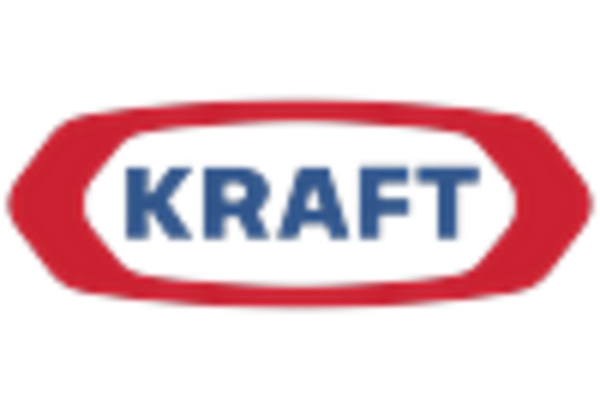
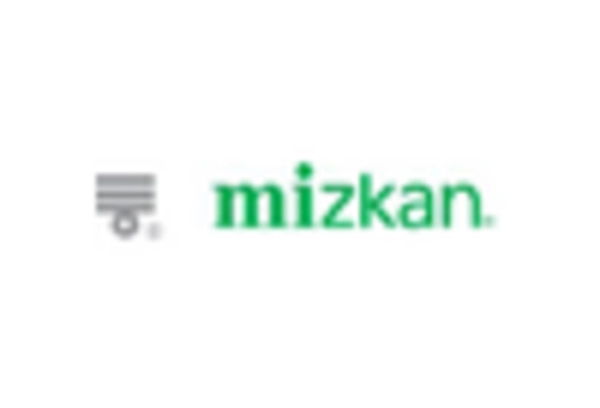









Leave a Comment